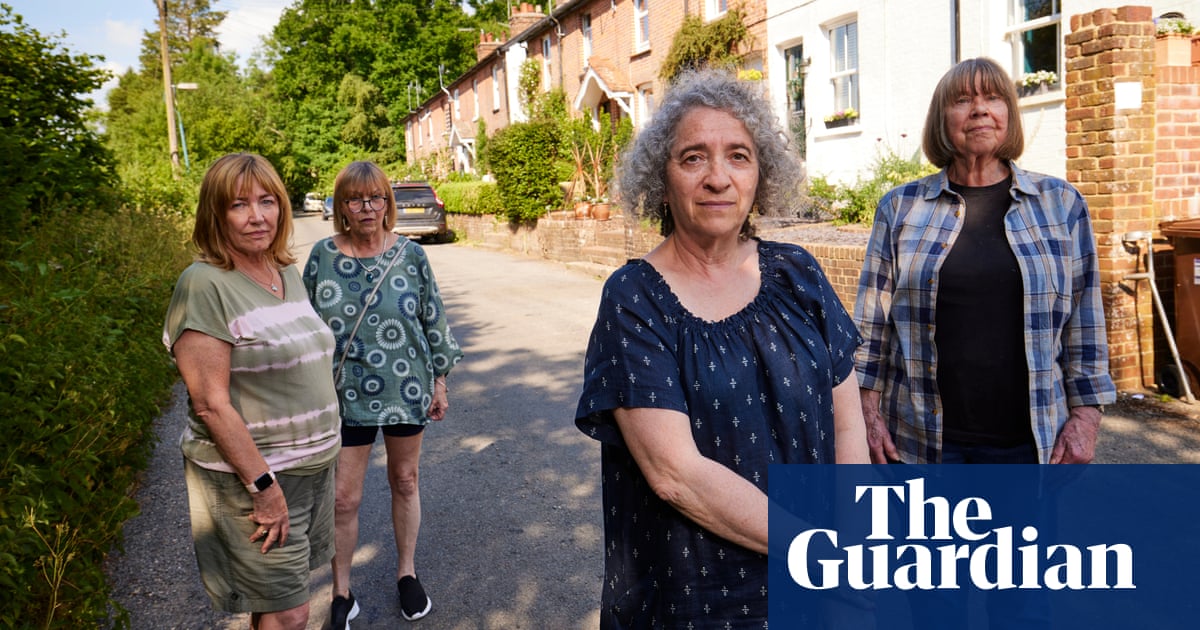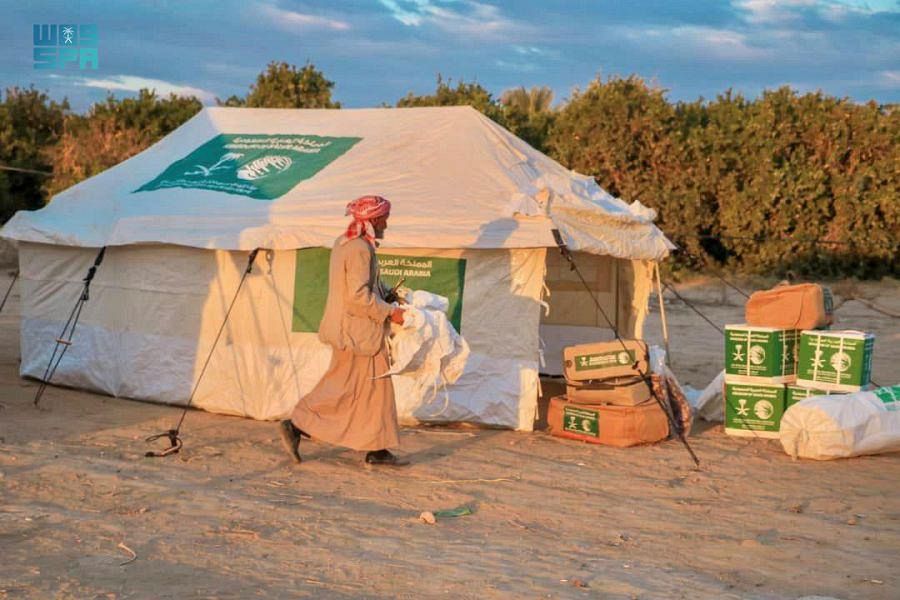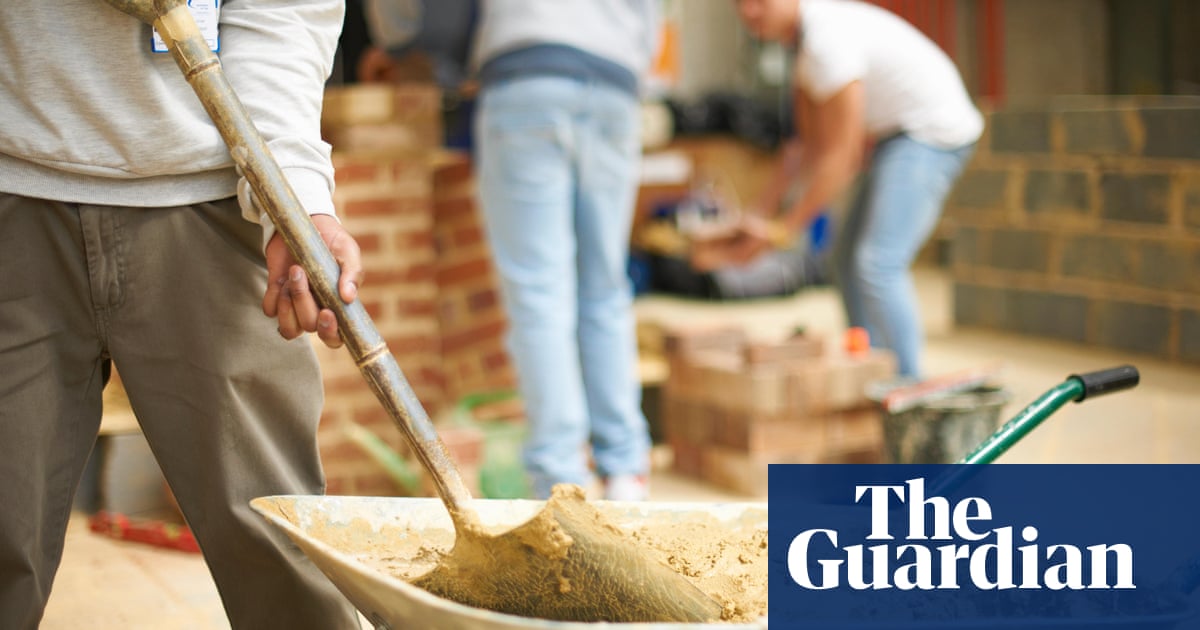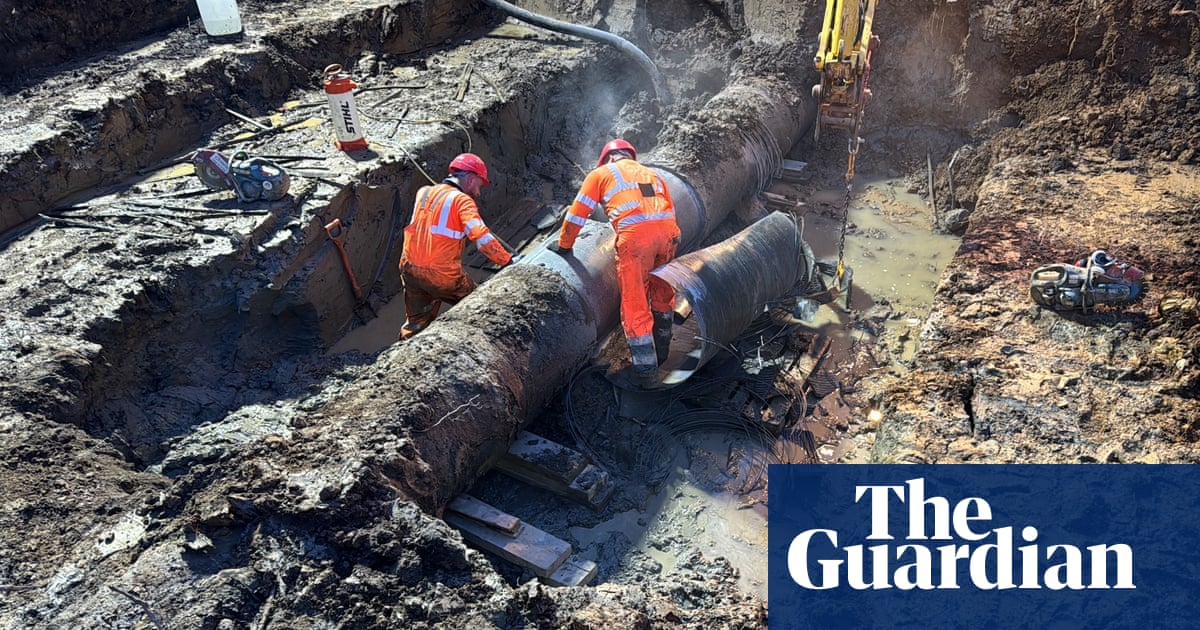
Four schools in East Sussex have been closed because of water shortages across the area as criticism of South East Water mounts.
The company was communicating with customers in the affected areas by text message, according to some residents in Wadhurst. Three primary schools and one secondary school that had been forced to shut earlier in the week remained closed, East Sussex county council said.
Across Kent – also served by South East Water – shortages also continued. In Tunbridge Wells, the situation was exacerbated by a water leak on Wednesday that could take up to six days to repair, according to notices posted at the site on Hall’s Hole Road in the town.
East Sussex council said there had been no warning on Thursday for teachers at Harbour primary school in Newhaven over the continued lack of water or when it would be available again, so they decided to close the school.
“Teachers arrived in the morning to find there was no running water. There was no information about this on the South East Water website,” the council said. “We communicated this to parents and they were told we would give them an update at 10am. In the meantime, South East Water said that we should have water by 1.30pm so a decision was made to keep the school closed for the day.”
At Rotherfield primary school, water pressure was too low to open and the children remained at home, and the Beacon academy in Crowborough said its sixth form site was affected by loss of water and the school was partially closed.
Wadhurst primary school was closed on Thursday for the third day this week owing to water shortages.
The acute water shortages come as Met Office data shows there was significantly above average rainfall in east Sussex and Kent in April. Simon Partridge, a senior forecaster, said 83.9mm of rain had fallen in east Sussex in April, which was 60% above average. In Kent rainfall was 84mm in April, 85% above average. May has, however, been a much drier month, with rainfall 45% below average in both areas.
South East Water, which is majority owned by Australian and Canadian private equity funds, was accused by some local people of failing to invest in infrastructure as water leaks continued in villages where customers were facing little or no water supply. The privatised company has paid dividends to shareholders in the last two years of £156m, and paid £76m in interest payments on loans, according to data from David Hall, a visiting professor of Public Services International Research Unit at the University of Greenwich.
Linda Valins, 71, who lives in Wadhurst, has had little or no water since Monday. She said the water company was communicating with her by generic text messages. “It is across the area, we either have no water, nothing coming out of the taps, or the pressure is so low we are unable to get hot water. The schools are closed, they are leaving bottles of water at places across the area.
“We are struggling without the use of flushing our loos, drinking water from our taps, hot water to shower in and clean our homes. Residents here are often elderly and cannot get to the bottled water stations as they have no transport.
“South East Water’s only mode of communication is via a text to me daily with the same words and pushing the completion date of repairs up 24 hours every single day.
“We have no end date in sight and things are tough. Worse still, we know the shareholders’ dividends are huge and are not being spent on infrastructure, pipes, and repairing the multitude of leaks across this area.”
South East Water blamed customers for the water shortages. “We are continuing to see very high demand for water in Kent and Sussex. Yesterday [Wednesday] we produced 654 megalitres of tapwater, when the usual figure is 540,” said Steve Andrews, the company’s incident manager.
“All our water treatment works and water sources available to us are being used, but with the demand still so high, our treated water storage reservoirs are not refilling enough to keep all our customers in supply.
“This means up to 2,500 customers, mainly in the Wadhurst area, may be without water or have low pressure.”
The company said it was working with schools to try to get alternative water to them and had set up bottled water collection stations.
“Customers on our priority services register are receiving deliveries of bottled water from our customer care team,” it said. “We are doing everything we can, including moving water around our network. However, we are continuing to ask customers who do have tap water supplies to only use it for essential tasks such as hygiene, hydration and cooking. Please don’t use hosepipes and sprinklers as this drains the system very quickly.”












